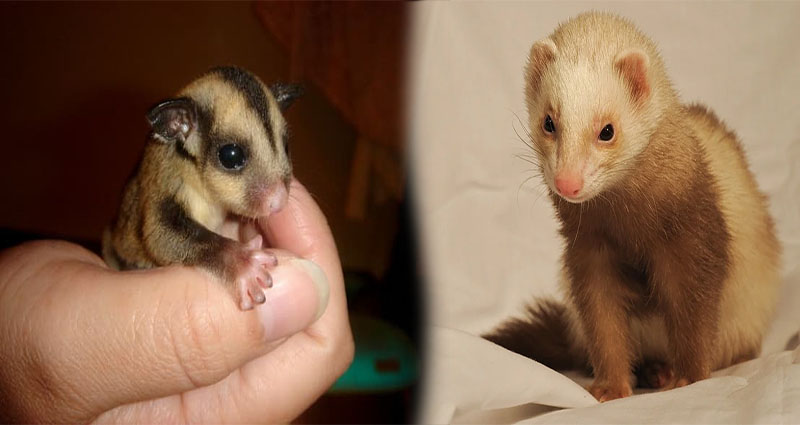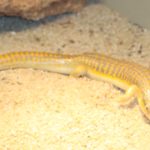If you’re looking for a pet but don’t want to deal with the responsibility of a dog or cat, exotic pets might be a good option. However, these exotic animals have complex dietary, environmental and health needs.
That’s why it’s important to choose the right exotic pet for you. Check the laws in your area prior to purchasing one.
Guinea pigs
Guinea pigs (also called cavies) are popular small exotic pets. They’re affectionate, easy to care for, and have lifespans of about ten years or more.
They’re relatively inexpensive, too. You can keep them healthy by feeding them high-quality timothy hay and keeping their cage clean.
Their nails grow fast, so they need to be trimmed often. It’s also important to make sure your guinea pigs have plenty of exercise and a safe habitat.
They’re social animals, so it’s recommended that you keep them in groups of three or more. They’re also very active foragers, so give them lots of toys and hiding spots to explore. This can help them develop a stronger bond with their pet parents. They’re very interactive and respond well to their owners’ voice.
Ferrets
Ferrets are members of the Mustelidae family, which also includes weasels and skunks. They are very active and playful animals that thrive on human companionship.
They tend to live longer than many other small exotic pets, which is great for families with busy schedules and time to dedicate to their care. However, they are high maintenance and must be taken good care of if you’re going to keep them as pets.
Ferrets should be neutered as early as possible and should have yearly vet visits and annual blood tests until they’re five years old. These regular visits are crucial to catch some serious diseases like insulinoma and adrenal disease at an early age.
Frogs
Frogs are fascinating and unique, thriving in a range of environments from cool mountain slopes to scorching deserts. They are a key part of countless food chains and food webs and are essential to the wellbeing of ecosystems worldwide.
However, a significant number of species are in decline due to habitat loss, water pollution, acid rain, and other factors. This is not only bad news for the frogs themselves, but for the animals that rely on them as primary food sources and are dependent on their survival.
If you’re interested in keeping a frog, make sure you choose one that is healthy and active. Look for clear eyes and skin that appears free of bumps or cuts.
Tarantulas
Tarantulas, also known as baboon spiders in Africa and hairy spiders in South America, are large, nocturnal predators that eat small insects. They are slow and deliberate hunters, armed with their chelicerae tipped with fangs that inject paralyzing venom into their prey.
The venom is not nearly toxic enough to kill humans, but it can cause muscle spasms, shortness of breath, and hives. If you or someone you know gets bitten by a tarantula, seek medical attention immediately.
North American species of tarantulas are typically not aggressive and prefer to hide for most of the year. However, they can become more aggressive if they are exposed to predators like birds or frogs in the wild. They will then display threat postures and run away.
Scorpions
Scorpions are nocturnal and hide during the day in dark crevices, such as under rocks, bark, or pieces of wood. They can also be found in dark basements, bathrooms, and garages, where they are likely to find sources of standing water.
They are known for their venomous pinchers, but scientists are learning that these small exotic pets have many benefits for humans. For instance, some species of scorpions can have a venom that is effective against a certain type of bacteria.
Scorpions use their venom to both capture prey and defend themselves against predators. Optimal venom use depends on the prey and predator’s physiology and identity, as well as the level of threat.












